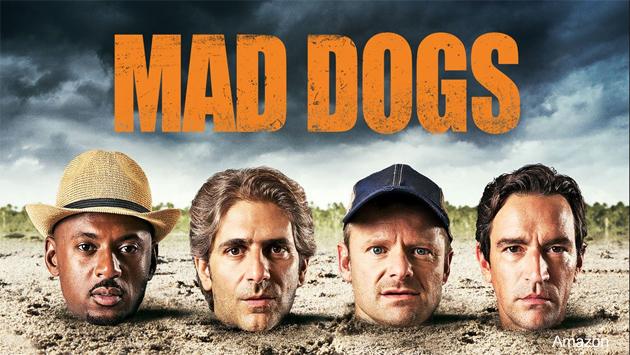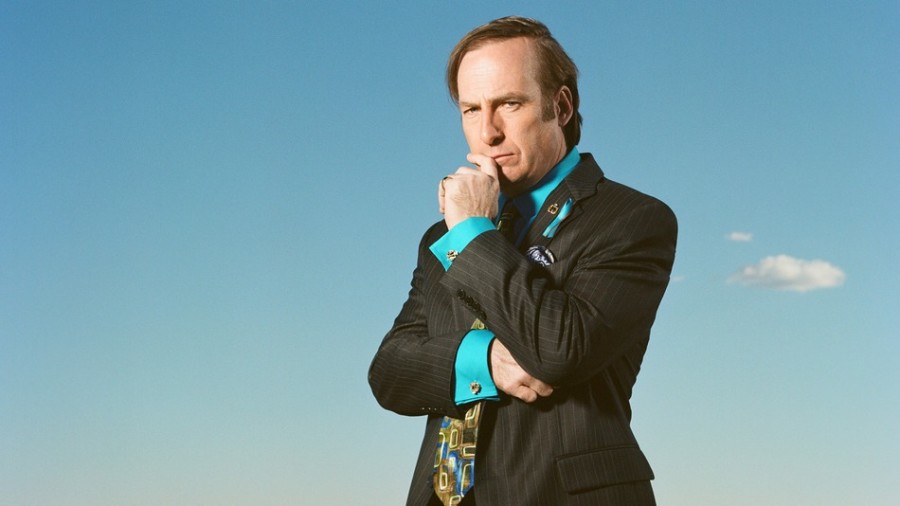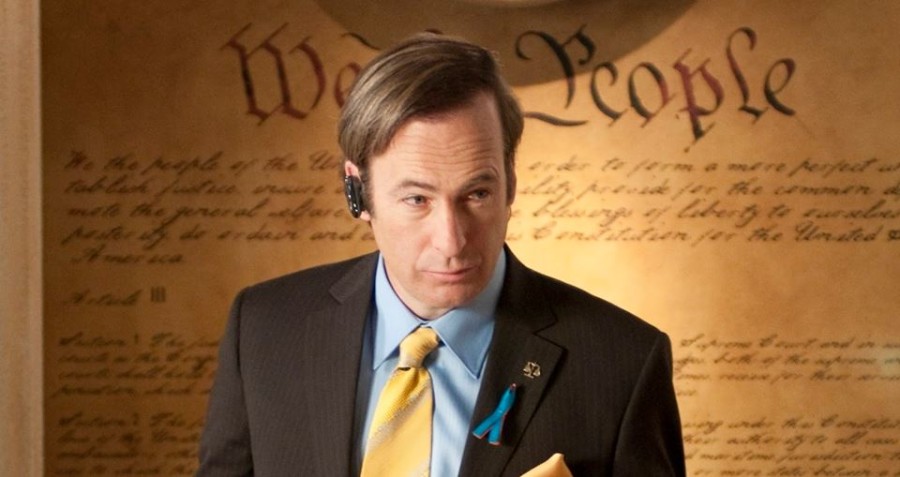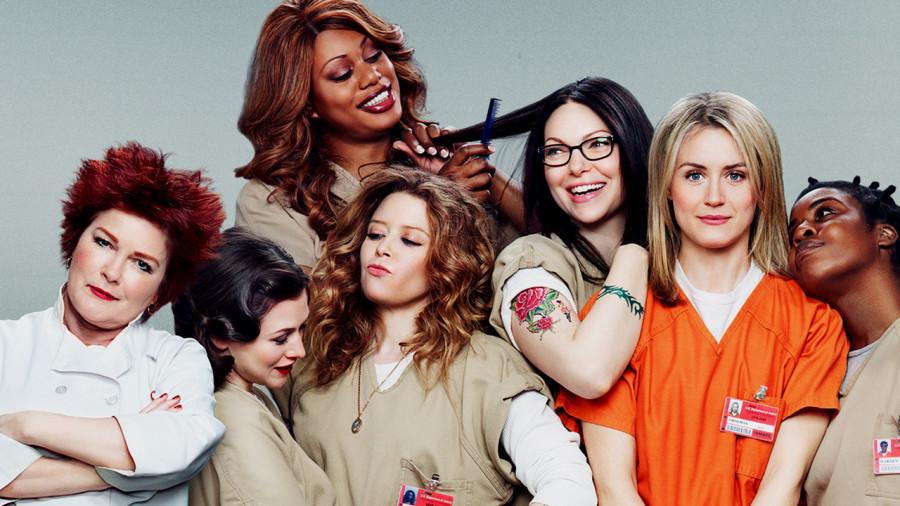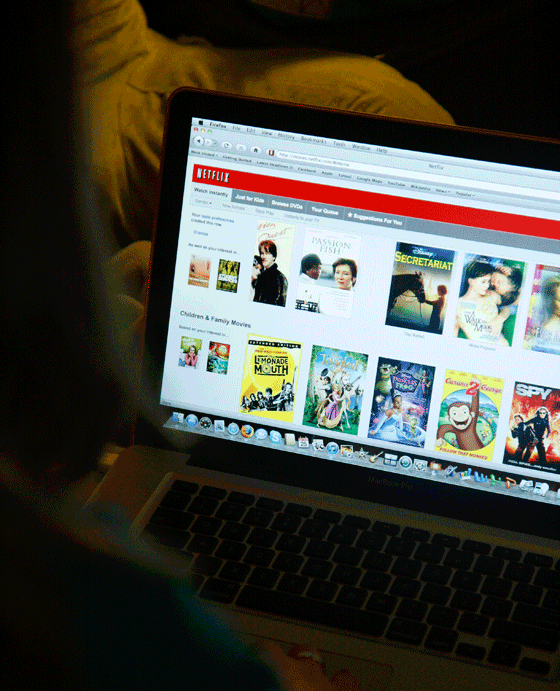 Every game of Monopoly is very similar. It starts off slow with everyone having a couple of properties, then everyone buys a couple more and before you know it, backhanded trades and talks of an alliance emerge. Then, if your friends are anything like mine, the board gets flipped and people go home upset.
Every game of Monopoly is very similar. It starts off slow with everyone having a couple of properties, then everyone buys a couple more and before you know it, backhanded trades and talks of an alliance emerge. Then, if your friends are anything like mine, the board gets flipped and people go home upset.
Now take a long hard look at Netflix. It has hotels on everything except Park Place and Broadway, and I’m about to flip the board. Netflix is on the verge of a monopoly and there is nothing anyone can do to stop it.
The online streaming service is dominating entertainment streaming with over 29.2 million subscribers. Hulu, which many consider to be its closest competitor, clocks in at 4 million paid subscribers. Amazon Instant Video doesn’t have statistics related to its streaming video service, but it generates the third most traffic with a measly 1 percent (Netflix has 32 percent of total web traffic for video streaming).
Stocks for Netflix are soaring even though the company recently approved a proposal to raise rates, and I highly doubt the increased subscription rate will cost the company a substantial amount of subscribers.
So what’s the problem?
As great as Netflix is, movie and television companies don’t like dealing with them as it isn’t nearly as profitable. They only get a slice of the pie.
It’s simple: When you buy a movie from the studio that released it, the studio receives lot more money. If it is put on Netflix, the studio gets a cut from the 29.2 million subscribers. Unfortunately, the cut the studios get isn’t as much as the actual sale, and they want more.
The inability to control what users pay for their content as well as a lack of possible promotion is making the Netflix model undesirable to many major studios. As contracts expire with Netflix, the streaming service has to take down popular content because the studios want more money for it, and the fine folks at Netflix don’t want to make the numbers match.
Another budding problem that becomes evident the longer you hold a subscription is that after you binge watch Breaking Bad, Scrubs and everything else on the “popular” page, the amount of depth to the catalogue is surprisingly weak (my account is now filled with Rasta Mouse. Thanks, roommates!). Yet, Netflix signs up subscribers on a daily basis, and now it even offers separate profiles on each account because it knows account sharing is inevitable.
Most likely, Netflix will continue to be the money-hungry, media-streaming outlet of choice for years to come. Studios continue to toy with the idea of offering premium subscription plans that allow consumers unlimited access to all the shows to which they have rights, and although it seems like a good idea, no one has successfully implemented it (HBO GO, I’m talking to you).
Unfortunately for the consumer, Netflix basically has free reign. It can charge what it wants, offer a rapidly decreasing catalogue and continue to rake in subscriptions until someone breaks up the monopoly.
Now, you’ll have to excuse me. I’m still looking for the dog game piece from my last game of Monopoly.


